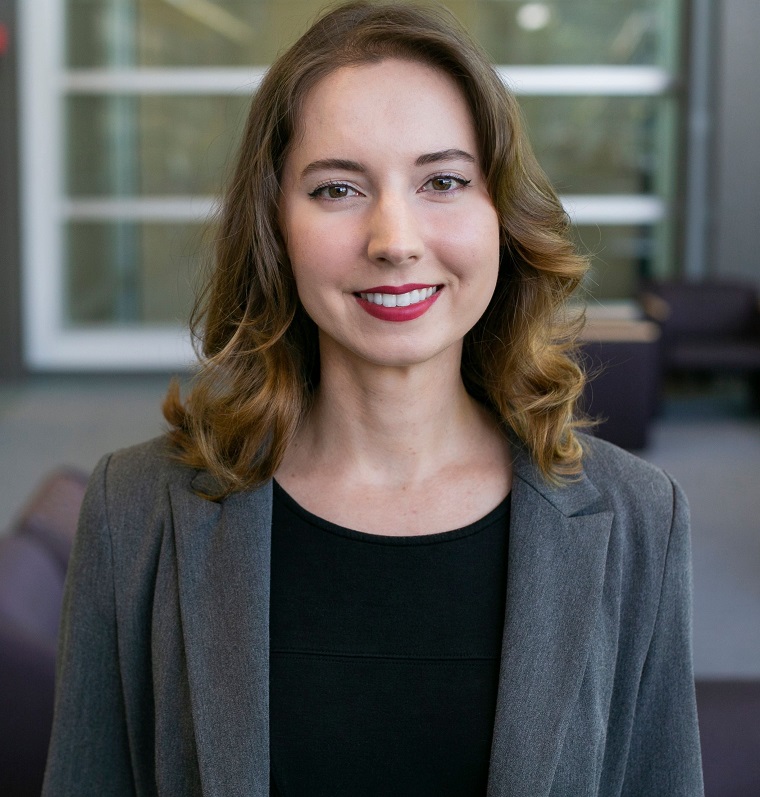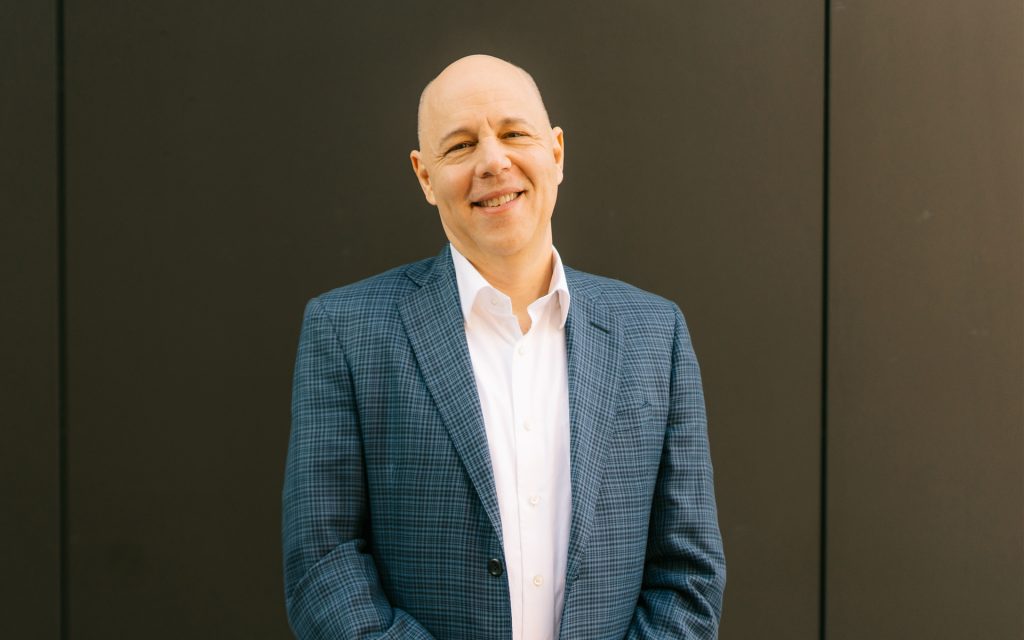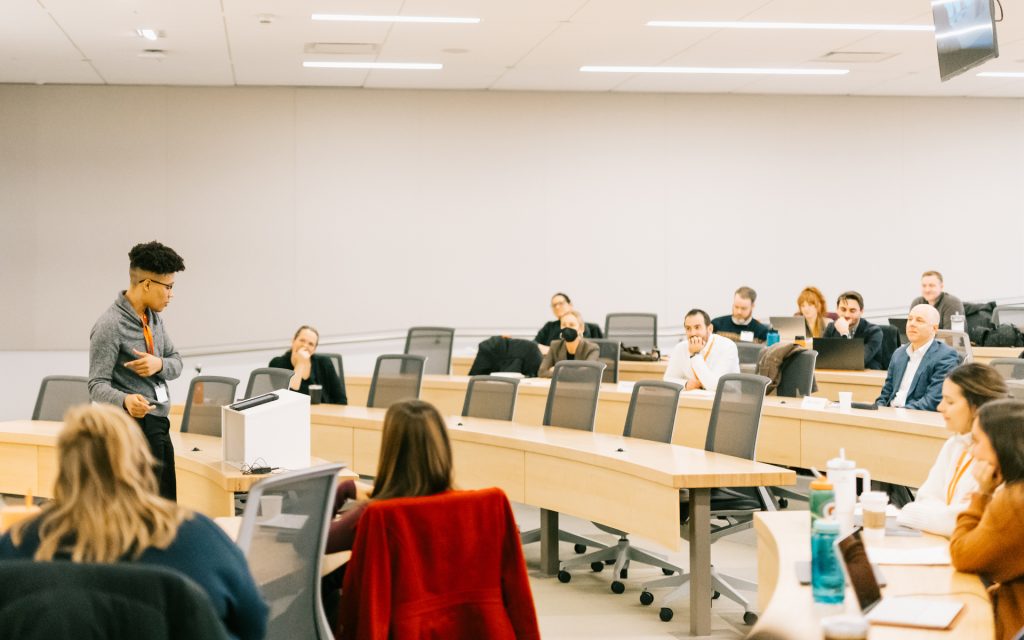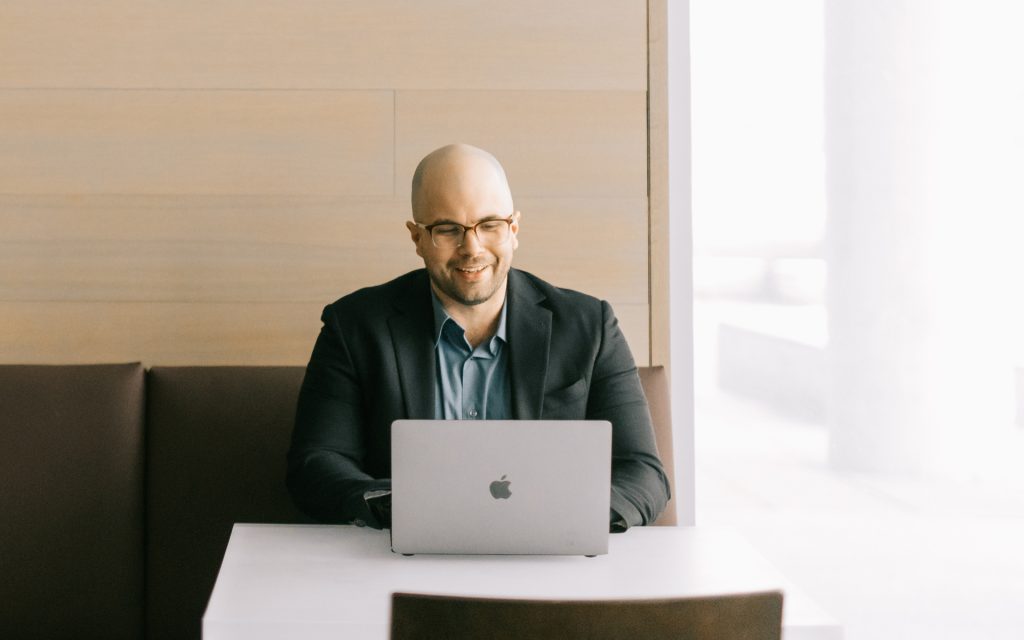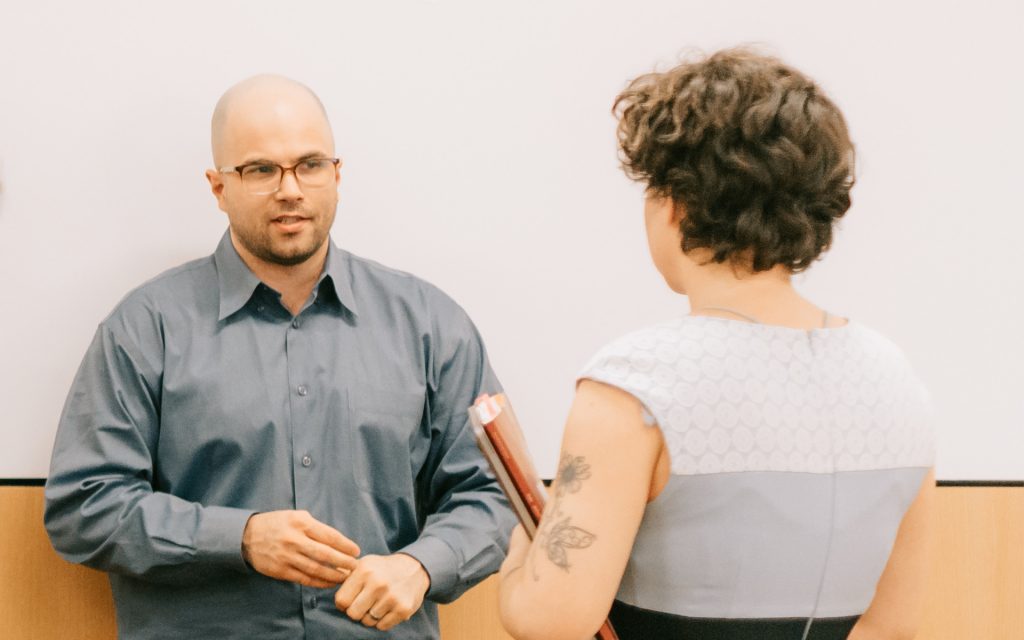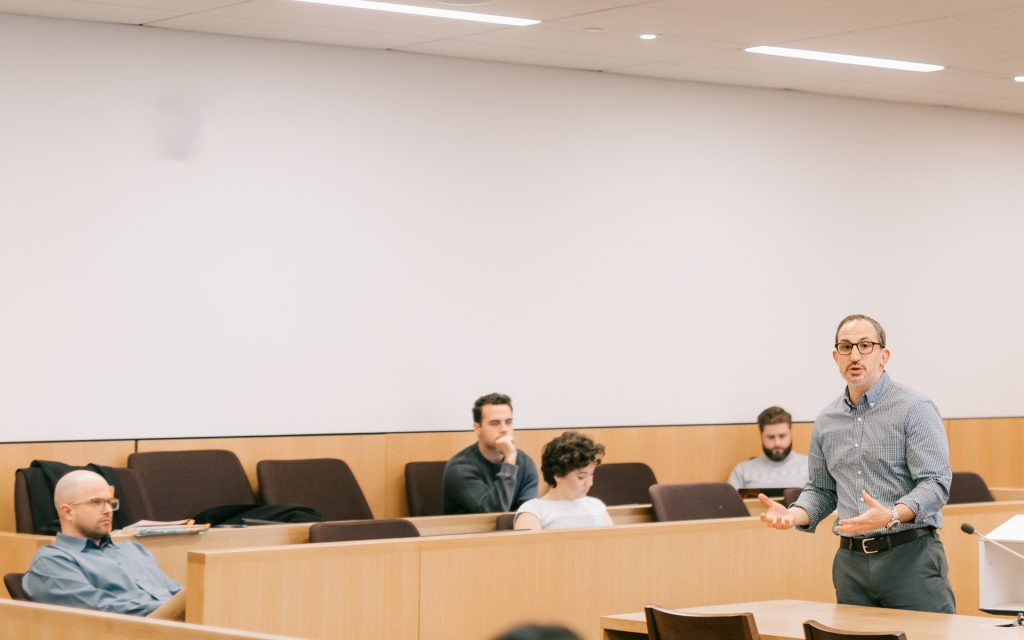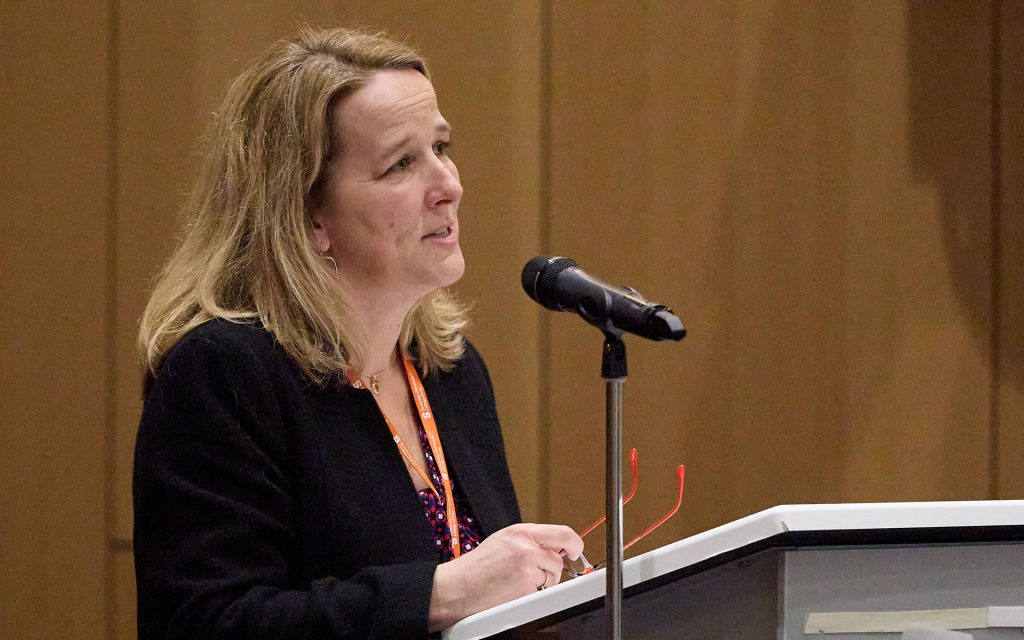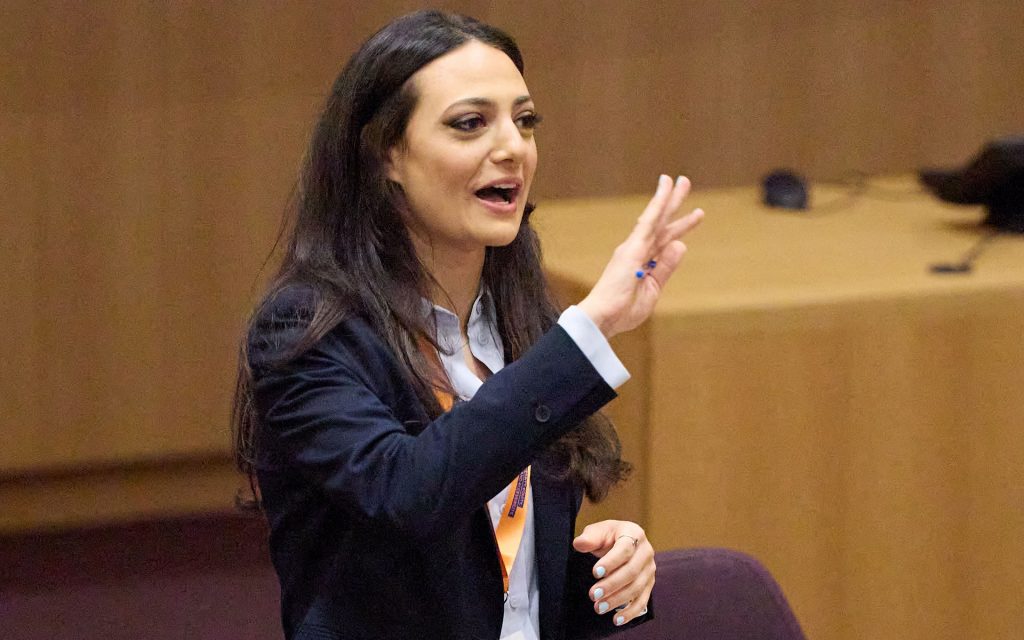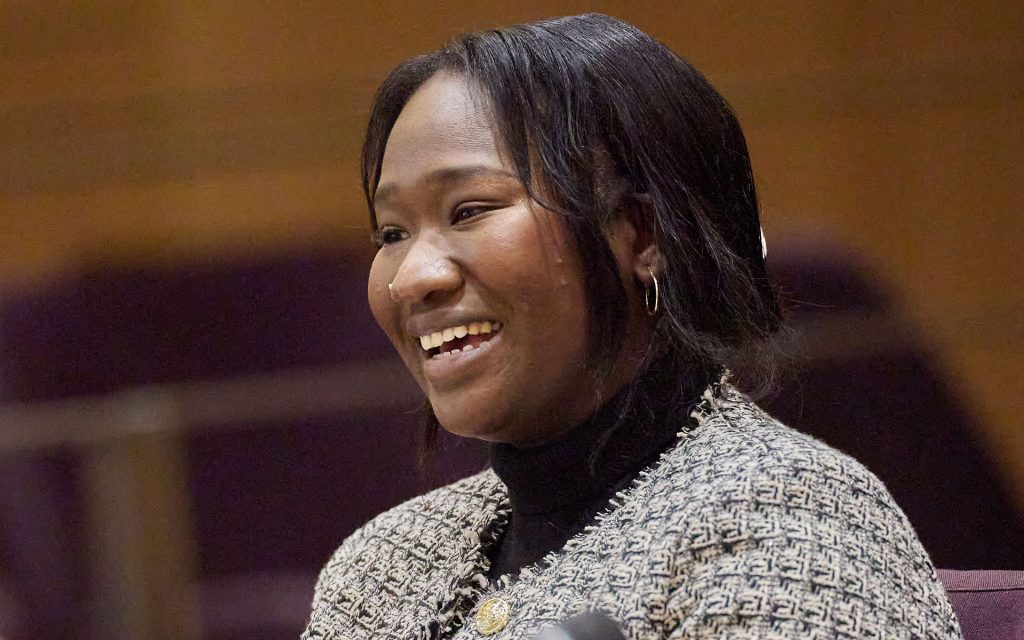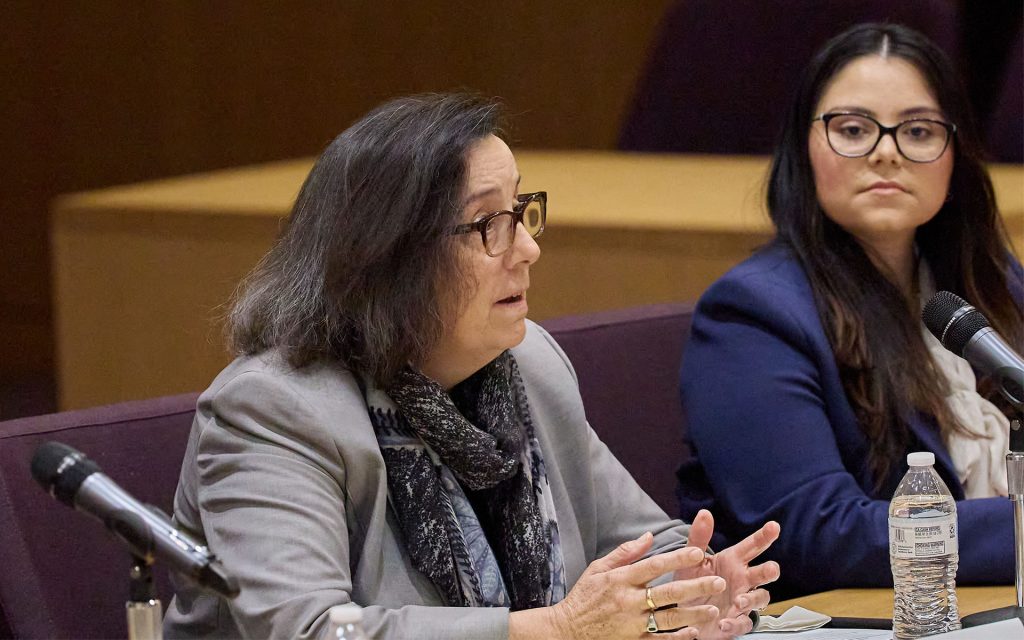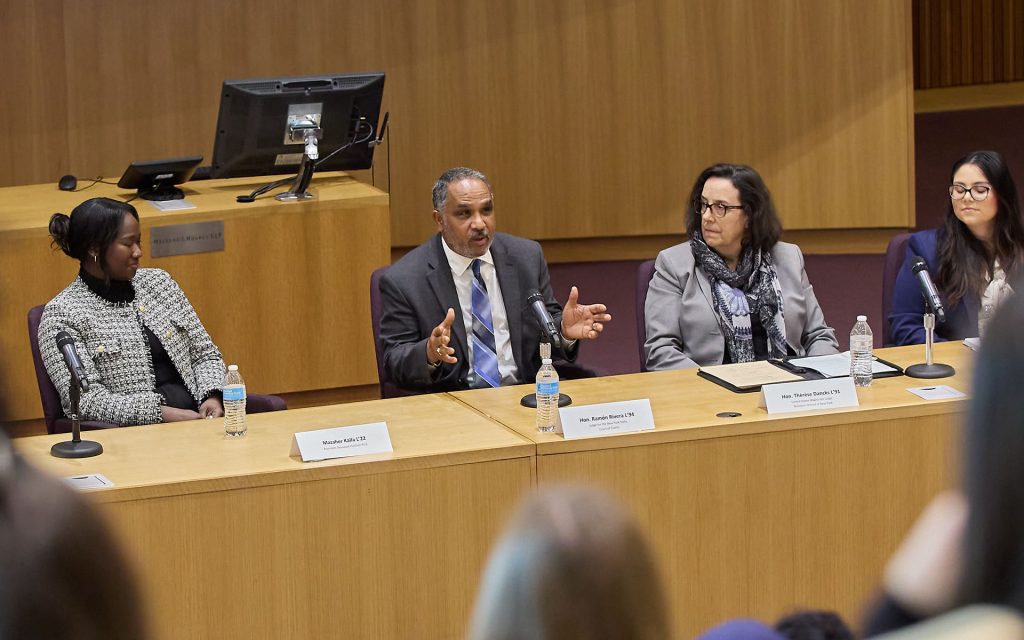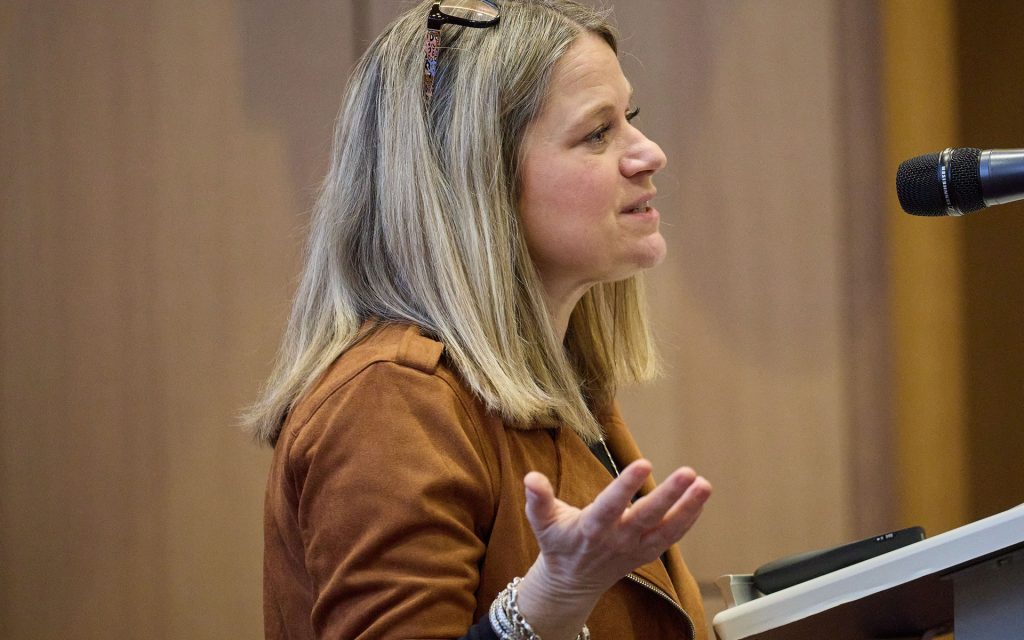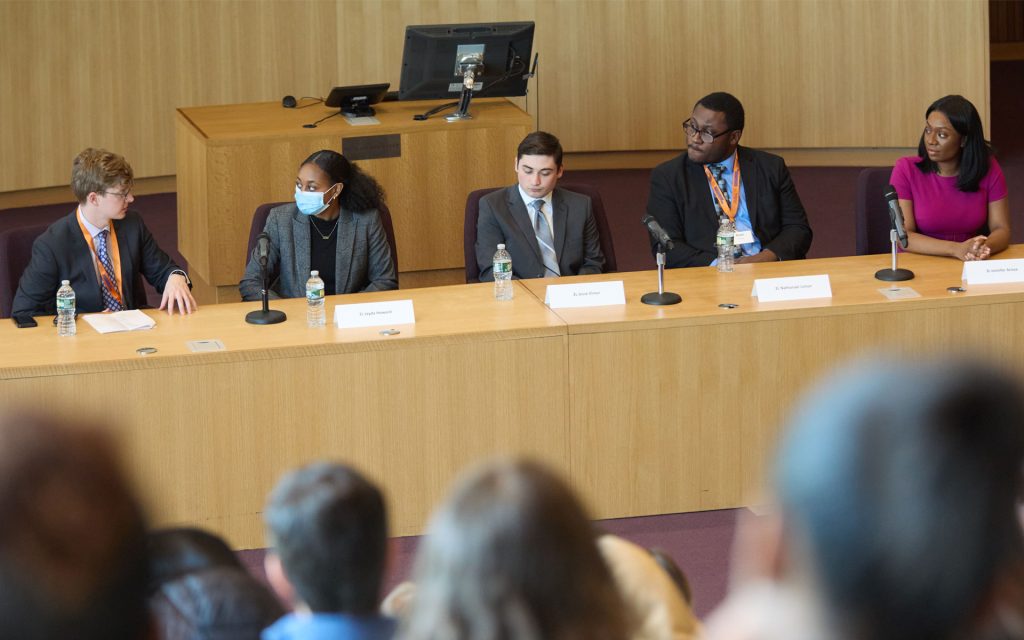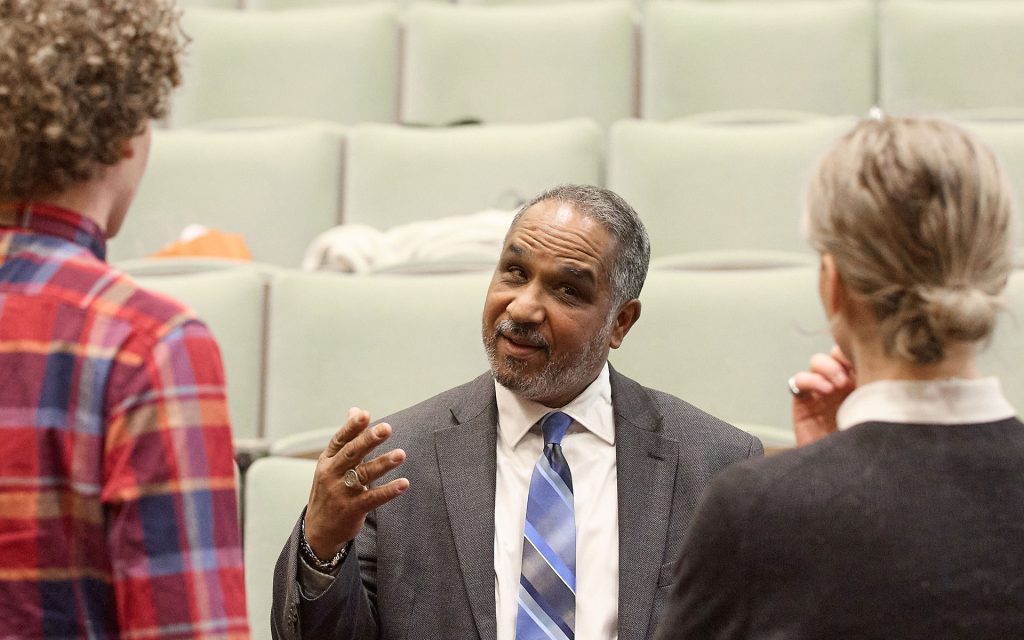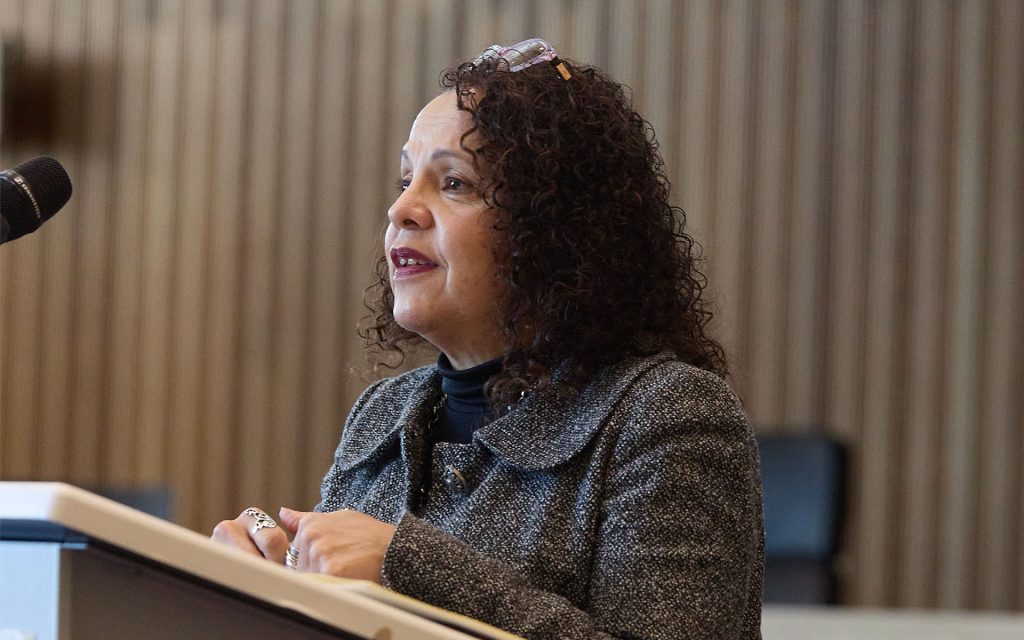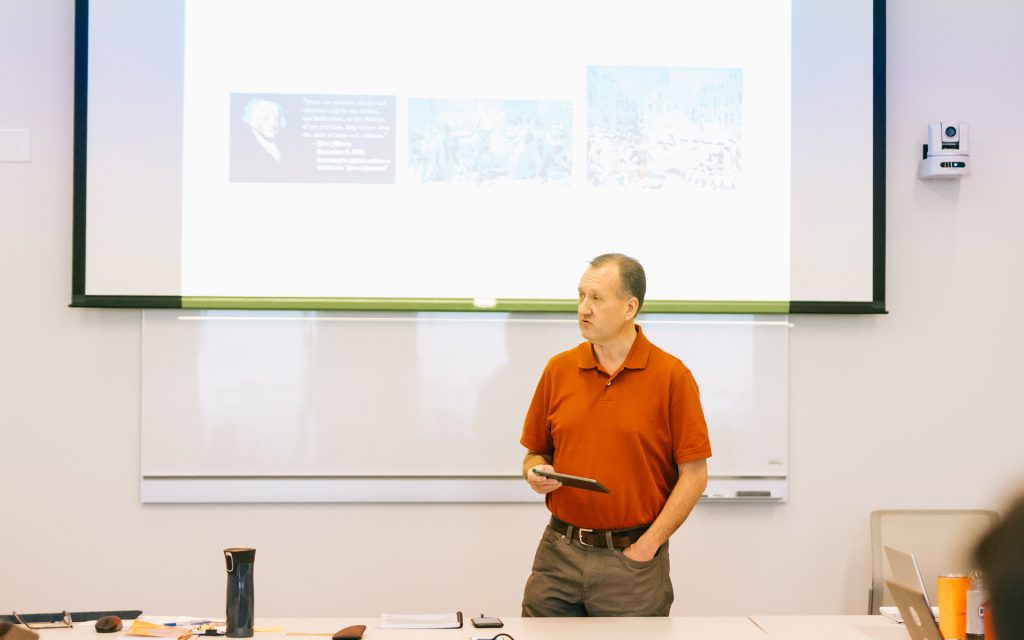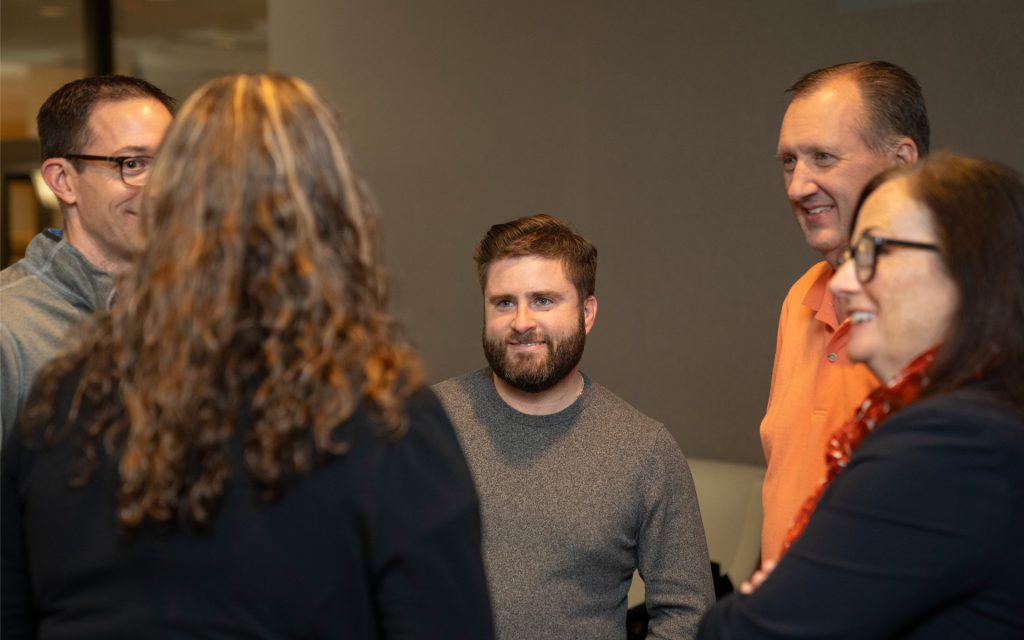(Syracuse, NY – March 18, 2024) Syracuse University College of Law has hired constitutional and international law scholar Leigha Crout as Associate Professor of Law. Starting in Fall 2024, she will teach Constitutional Law, Torts, and other courses.
Crout is currently a Rule of Law Fellowship at the Neukom Center for the Rule of Law at Stanford Law School. She has also held academic positions at the University of Wisconsin School of Law (William H. Hastie Fellow), Columbia Law School (visiting scholar), University of Oxford’s China, Law, and Development Project (research associate), Peking University (Senior C.V. Star Lecturer at the School of Transnational Law), and the Cornell Center on the Death Penalty Worldwide (research and advocacy assistant.)
Her primary research is focused on Constitutional Law, Participation & Resistance, and International Law & Transnational Legal Networks (including the Legal Profession & Transnational Networks of Resistance and Authoritarianism, Private International Law & Human Rights.)
“Professor Crout brings a deep knowledge of constitutional law and international law to our law school. She examines law and constitutions comparatively to better understand threats to democracy and the rise of authoritarianism,” says Dean Craig M. Boise. “I believe our students will find her perspectives engaging and thought-provoking as she brings a timely teaching and research focus to Syracuse Law.”
She has the article “The Consent of the Governed: Resistance as Constituent Power” forthcoming in the Washington Law Review. Crout has previously published articles in the Asian Comparative Law Journal, Asian Law Bulletin, Indiana International and Comparative Law Review, and the Notre Dame Journal of International and Comparative Law.
“The College of Law has a stellar reputation in the fields of constitutional law, international, law, and human rights law. I look forward to joining the esteemed faculty and thought-leaders in these areas and engaging with students who are passionate about these areas of law,” says Crout.
Crout received a B.S. in public policy and a B.A. in history from the University of Charleston, a J.D. from the University of Notre Dame Law School, an LL.M. in civil and international human rights law from the University of Notre Dame Law School Klau Center, and a master’s in international development from Cornell University. Crout is a Ph.D. candidate at King’s College London.
Crout is admitted to the Illinois State Bar.
